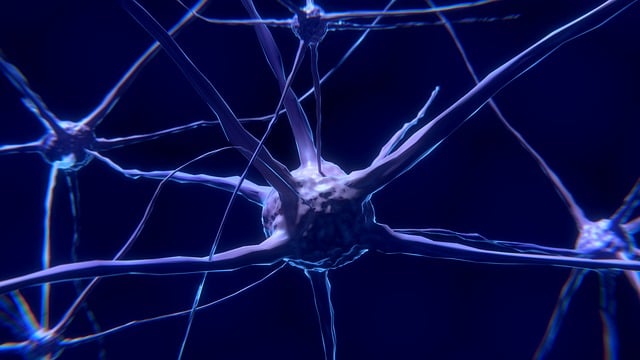You might go through different emotions, feelings, or moods daily, but have you ever wondered how your brain and nerves control these processes? The nervous system comprises your brain, nerves, and spinal cord. The information carried across these nerves through neurotransmitters(chemicals that communicate messages between nerve cells) influences your feelings, moods, bodily processes, and physical stimuli. Let’s look at how you can identify different states of the nervous system.

3 Basic States Of Your Nervous System
Fight or Flight
The Sympathetic Nervous System(SNS) evokes a fight or flight response. This system acts as a balancer for the Parasympathetic Nervous System(PNS) as the latter acts to put the body in a resting or digesting state. A flight or fight response typically increases heart rate, circulates blood away from the brain and toward the muscles, ejects adrenaline, and prepares vital organs for action.
Freeze
The Dorsal Vagal Complex in the PNS is responsible for a “freeze” response. If the “fight or flight” response gets triggered by danger, we can say that the freeze response is evoked in life-threatening situations. In this state, the body focuses on the conservation of resources. It increases the threshold of pain. The immune response, facial expressions, receptivity(or sensitivity) to the human voice, and other faculties are decreased while insulin is stored. As the name suggests, a person undergoing this state will become frozen with fear for some time.
Connection
The Ventral Vagal Complex of the PNS is responsible for producing the state you are generally accustomed to. Digestion, immune response, and resistance to diseases are improved in this state. The health and vitality of the body are promoted through relaxing activities. You can calm down and recover from fatigue, nausea, etc. Non-vital organs like the skin, stomach, kidneys, and reproductive organs also enjoy better blood circulation. There is a drop in defensive responses, making it easier for you to connect with others in a social environment. This state can be equated to mindfulness, being connected to the present moment, or being grounded.
Read more: 11 ways how to practice mindfulness
How Does Mental Health Affect The Nervous System?
Neuroscientists believe that the nervous system is intimately connected with mental illness. For instance, a nervous system with attention-deficit hyperactivity disorder(ADHD) works differently than a regular one. Other mental conditions, such as depression, may involve lower levels of (serotonin) neurotransmitter production.
Read more: Here’s what not to say to someone with ADHD
Conclusion
Your nervous system regulates different physical and mental functions occurring throughout your body at any time. These processes can influence your moods, cognitions(thoughts), behaviors, and as a result, your mental health. The sympathetic nervous system is responsible for the “fight or flight” response. The parasympathetic nervous system controls the “freeze” and “connection” states through the dorsal and ventral vagal cortexes. The nervous system is intimately connected with mental health(or illness). Some mental issues can be dealt with by stimulating the nerves or the brain. On that note, a blog post explains how deep brain stimulation can help with obsessive-compulsive disorder(OCD).
For more information about mental health, the nervous system, or issues related to the same, subscribe to Your Mental Health Pal. You can also access our premium products here.

